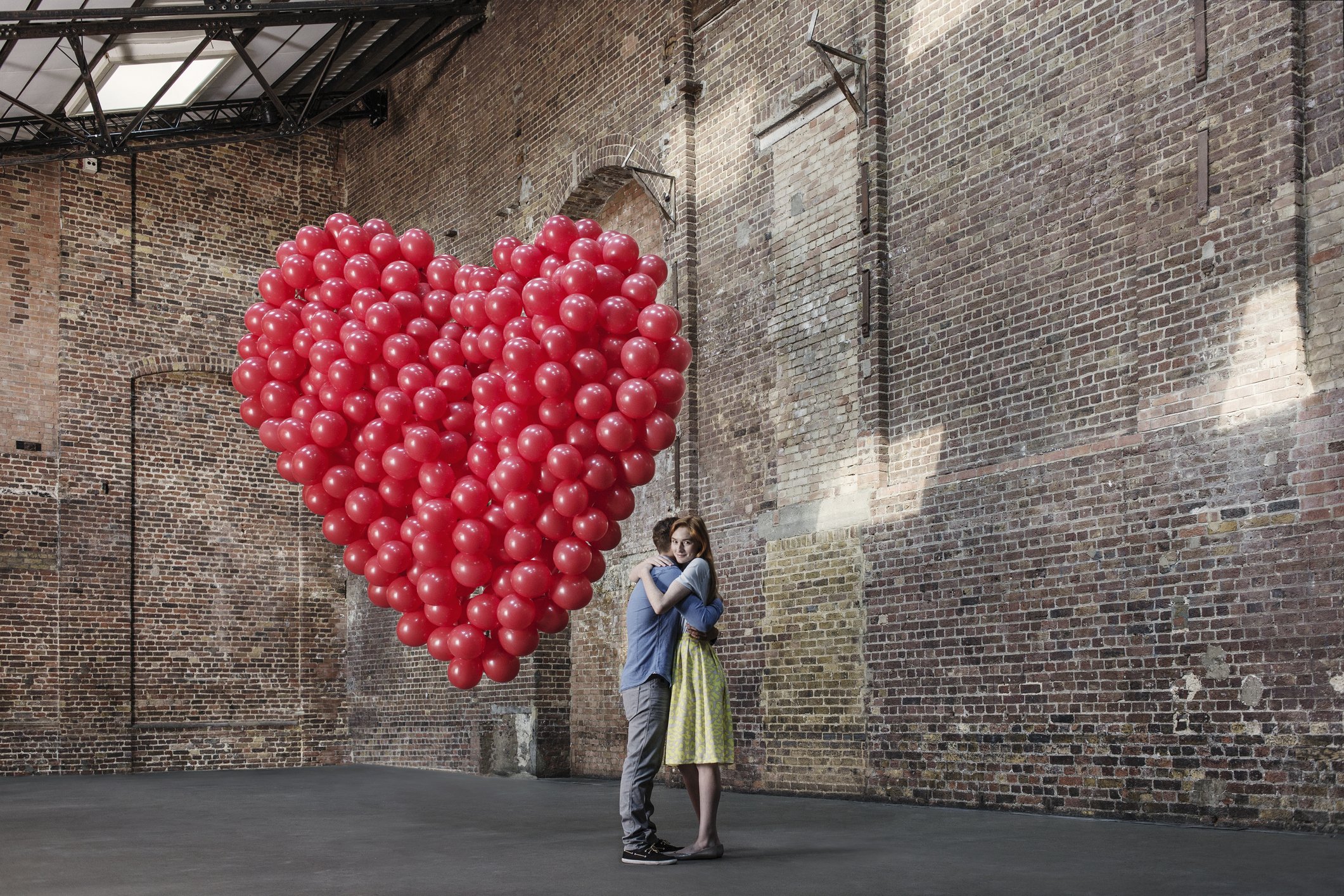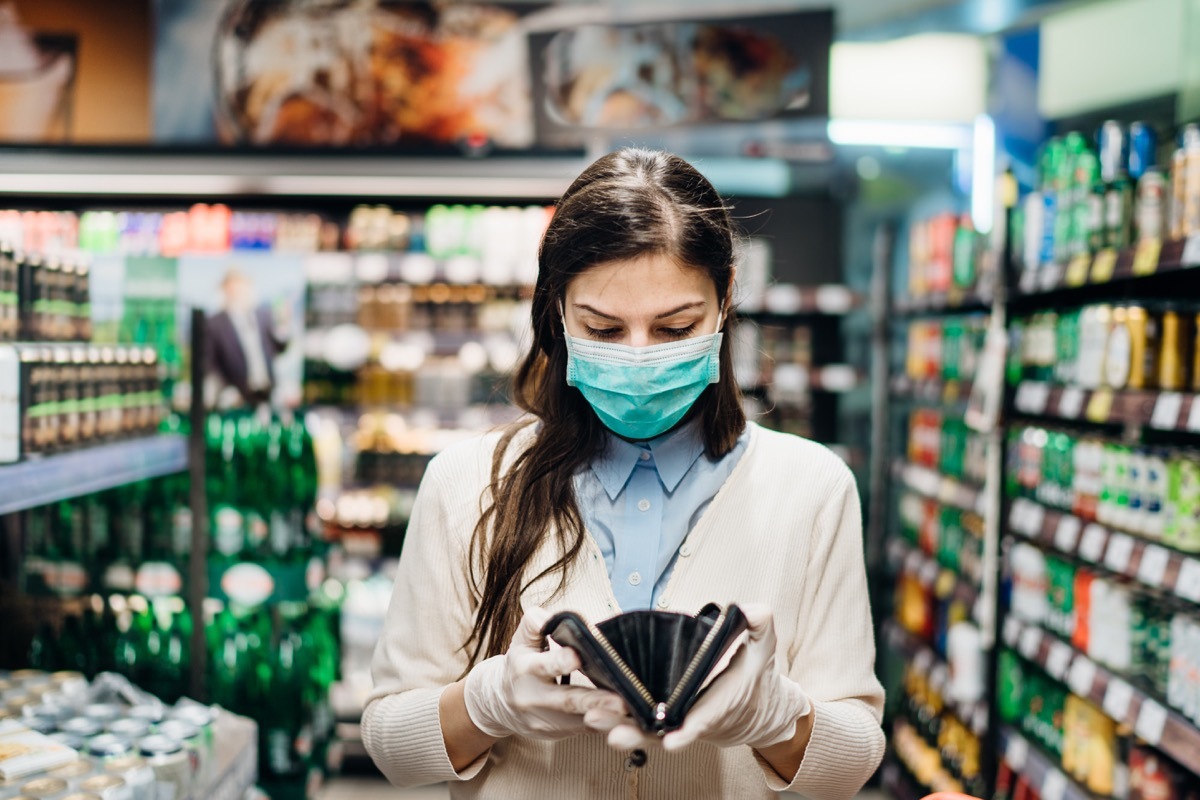Fall in love: what effects on our body?
Single hands, legs that tremble, heart that beats the shades, butterflies in the belly ... No doubt, there is love in the air! But where do all these symptoms come from?

Single hands, legs that tremble, heart that beats the shades, butterflies in the belly ... No doubt, there is love in the air! But where do all these symptoms come from? We will explain everything to you.
The brain: first organ to react
Contrary to popular belief, it is not the heart that dictates our conduct when we fall in love. Indeed, the main role of the romantic process actually goes back to 12 parts of our brain, which is the first organ involved.
These areas are responsible for the production of decisive hormones, such as oxytocin (hormone of social relations), dopamine (the hormone of motivation and desire), or even endorphin (the hormone of the hormone happiness).
These hormones participate in the strengthening of links with the potential partner and accentuate the feeling of lack and addiction, as well as those secreted when taking drugs and alcohol.
The hypothalamus is one of the most stimulated regions during the romantic process. This small area, the size of a hazelnut, is responsible for regulating hunger, thirst and sleep. But it is also she who gives order to the adrenal glands to make adrenaline, responsible for accelerating heartbeat.

How hormones influence our behavior
The secretion of all these hormones turns our love behavior and our perception of things.
First of all, we are invaded by a feeling of euphoria, caused by the secretion of endorphin. It is a form of morphine produced directly by the body, which gives us the impression of hovering. Then it's the dopamine turn to come and get involved. The excitement and euphoria then overwhelm us. Serotonin, hormone responsible for moderation and regularization of our emotions and our sleep, is then as pause by our brain, to amplify other sensations.
During this whole process, certain areas of our brain are completely disabled. This is particularly the case with the prefrontal cortex, responsible for rational decision -making, but also the cerebral amygdal, area responsible for fear and recognition of danger.
Consequences: we absolutely do not take into account the defects of the person we are in love. Worse, we come to idealize it. "Love makes you blind," we say? Well, it’s not totally wrong.

Physical reactions
Our brain is not the only one to react when love hovers in the air. Our body also sends us some signals:
- Butterflies in the belly: this perception, which manifests itself in the stomach, is actually due to stress. Our brain, when it is in the presence of the loved one, sends a dose of adrenaline to respond to stress. This dose causes a tingling effect in terms of belly, commonly called "butterflies in the belly";
- Our heart rate accelerates: this acceleration is another consequence of adrenaline secretion. When it is released, it passes through blood circulation to the heart. It is this acceleration of the heart rate that causes other symptoms such as the flagolate legs or the hands that become moist;
- Our pupils expand: this symptom is undoubtedly the least visible symptom, but nevertheless the most reliable. Indeed, according to several renowned researchers, the dilation of pupils, up to 45 % in the presence of the loved one, is a sign that does not deceive;
- Our cheeks blush: like the moist hands and trembling legs, having the cheeks that blush is one of the consequences of the presence of adrenaline, which causes the dilation of blood vessels and gives our cheeks a pretty little red shade .
Falling in love with a person is therefore a much more complex process than we imagine and, contrary to popular belief, our heart is only a secondary role.


7 Signs that you are in a toxic relationship. If the notes, run!

